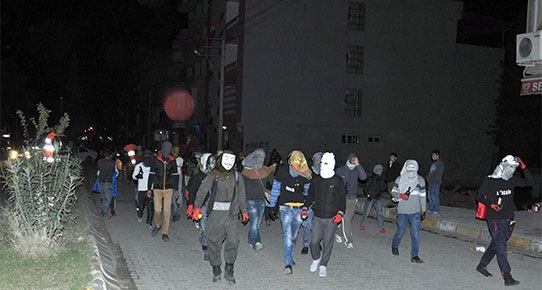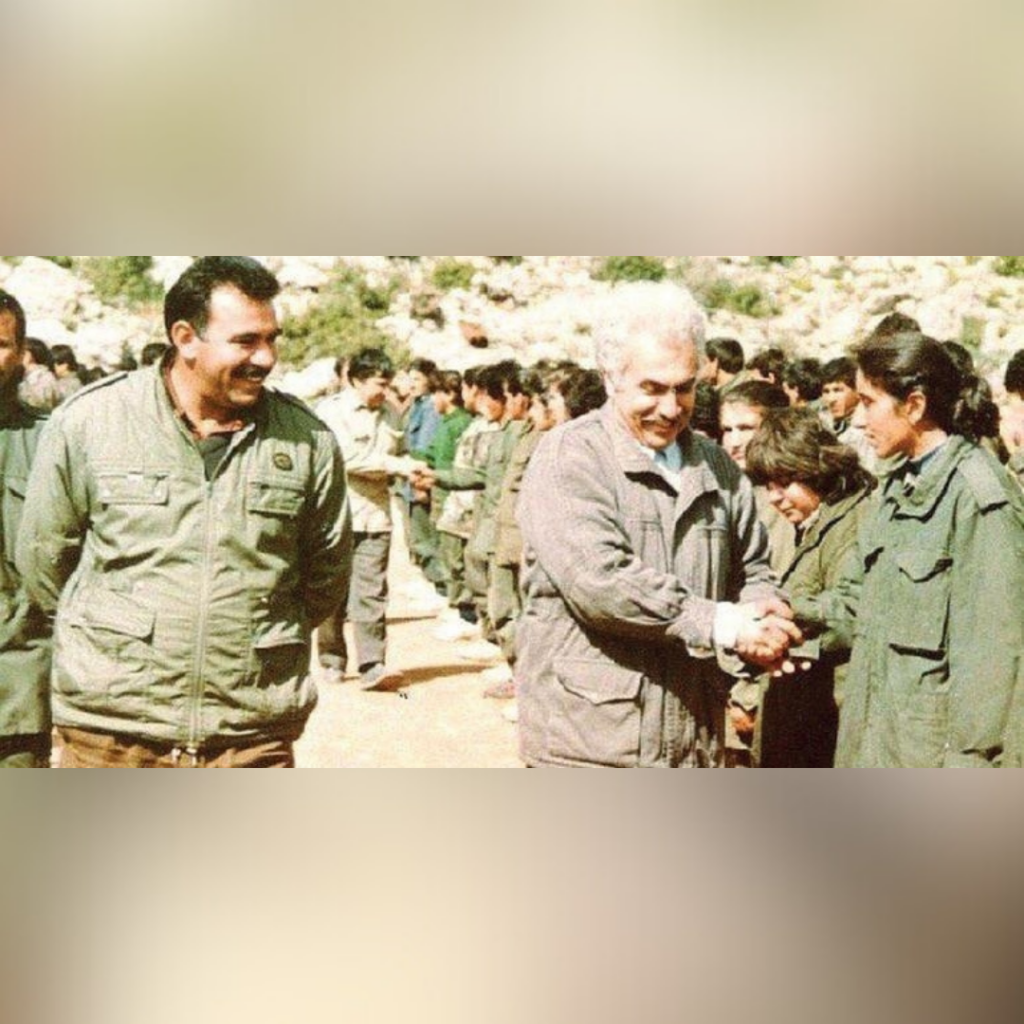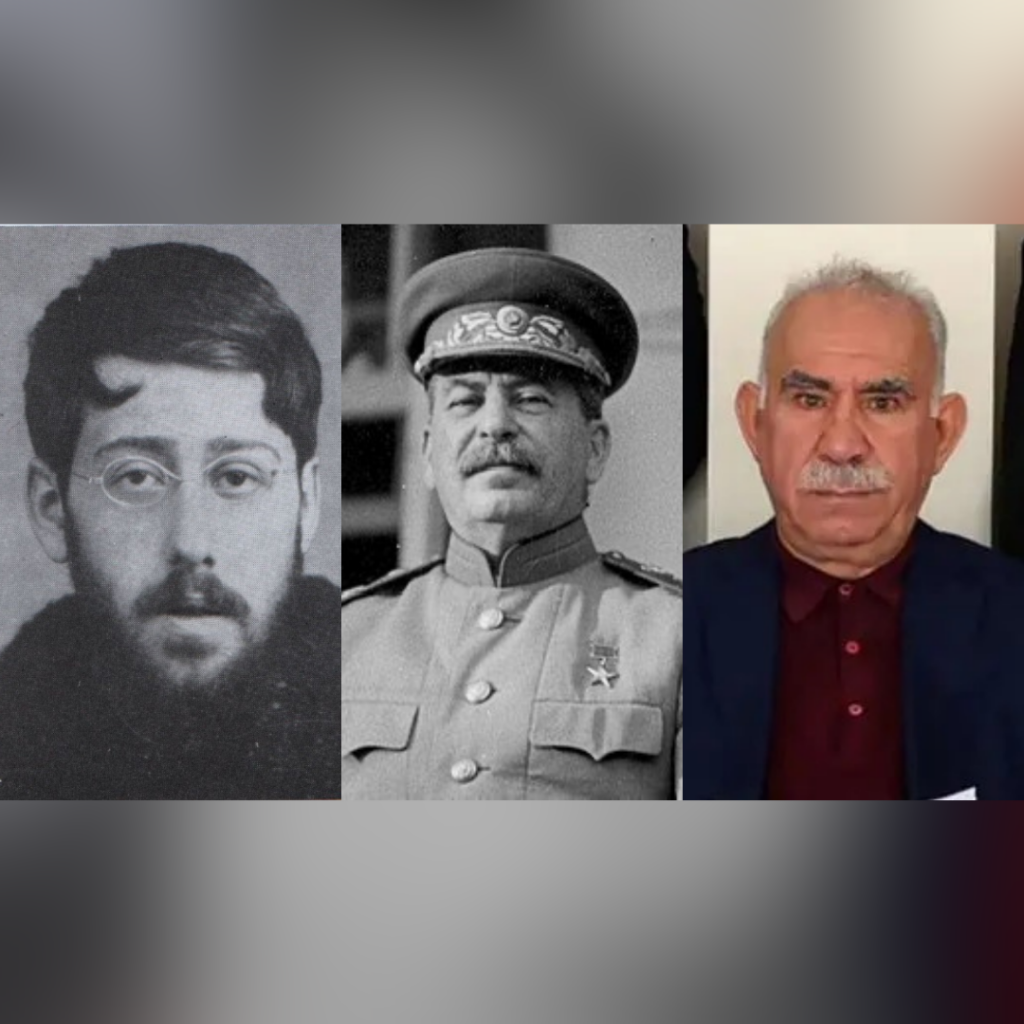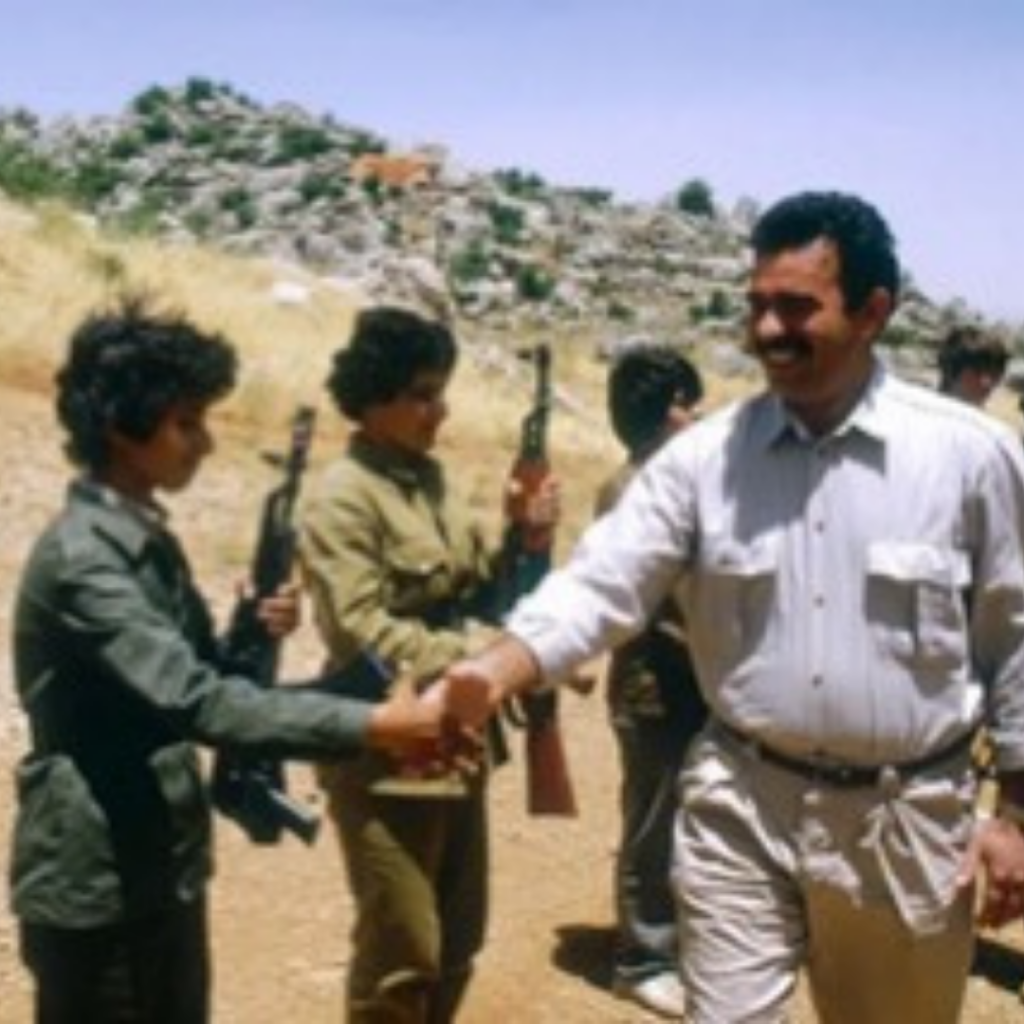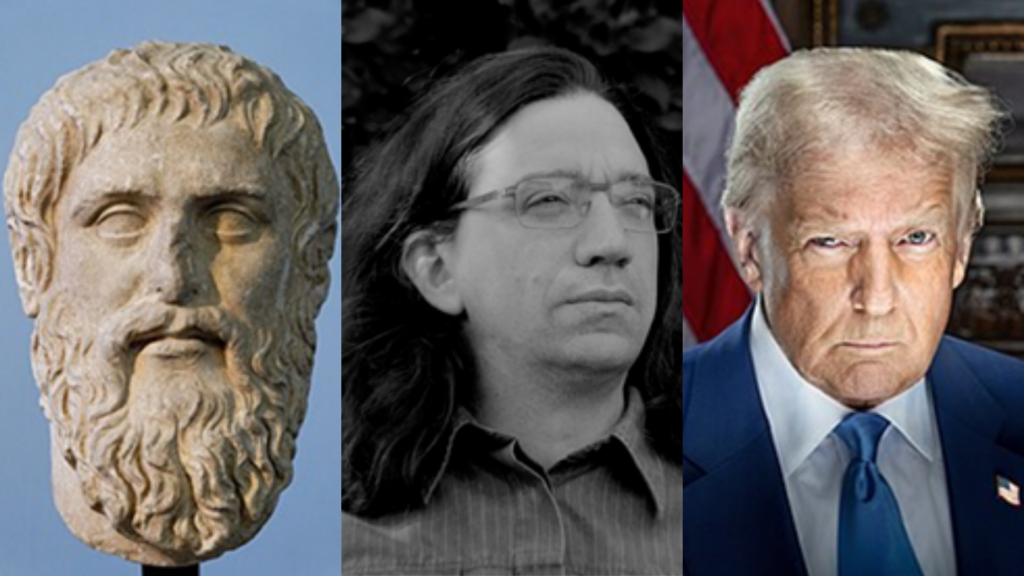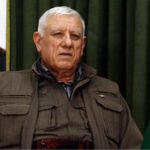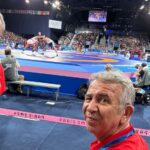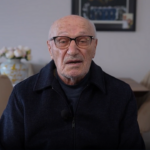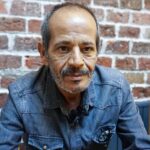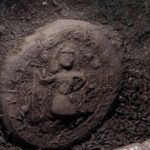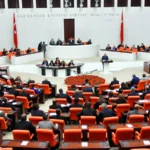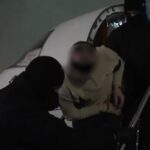Halil Berktay
The Turkish original of this article was published as Bakur-Rojava’ya varamadan (3) Bu son çılgınlığı kendi yalnızlığına terkedelim on 30th December 2015.
[29th December 2015] Events have once more started to flow faster and faster. Only a week ago we were at a somewhat different point. A series of statements by Demirtaş plus the DTK congress caused the whole atmosphere to change as of yesterday. And this morning, with speeches by President Erdoğan and Justice Minister Bozdağ, as well as news of investigations launched by public prosecutors in Ankara and Diyarbakır, we are somewhere else yet again.
Over July 1-21, it was the PKK that declared war, and not once but several times. These were followed by the Ceylanpınar murders, initially advertised as “retaliation for the Suruç massacre,” to which the Turkish Armed Forces reacted by beginning to bomb Kandil. This meant a return to a state of conflict not only in the region but all over Turkey. The PKK then undertook various attacks some of which, like Dağlıca, reached sensational dimensions. These already shocked the public and forced it to react. But the major novelty was that, in a number of district centers where the HDP had received its highest majorities, small groups began to come together to declare “self-government.” This took the form of reading virtually the same “proclamations of self-government” that were so standardized as to have been clearly issued from Kandil. These declarations were followed by intensive ditch-digging and barricading activities in the same district centers. Predictably, Demirtaş is lying through his teeth when he says that these ditches and barricades were set up “to protect the people from being massacred,” presumably because the government was already attacking or about to attack these towns, or with a view to some other development or outburst of spontaneous rage. On the contrary, at the time that these ditches and barricades appeared, more or less simultaneously and in the immediate aftermath of proclamations of “self-government,” there was no real conflict or government operation in these towns and cities. It was the ditches and barricades that issued a direct challenge to the government, and triggered everything. At around the same time the PKK and YDG-H also started to call on the local residents to take to the streets, to participate in meetings, demonstrations and mass uprisings.
It was at this point that a second and even more important change or departure from the pattern of past events took place. It was so unexpected that it took a while for the press and all other outside observers to sit up and take notice. Simply put, directly the Kurds themselves refused to respond to these calls. They did not take to the streets; they did not fill public squares; they did not participate in any mass demonstrations. Although they did not move to any active opposition to the PKK, they began to display a serious reluctance even disobedience, with regard to meeting the requirements of this “new people’s revolutionary war” that had suddenly been imposed on them out of nowhere.
I think it was this silent protest of the Kurdish people, rather than the resumption of the armed struggle as such, that caused the HDP leadership to vacillate. Subsequent developments should be considered in a 4+1 time-frame, for the HDP has presented one position in the four months after July, and another over the last month [December]. When we look at what Demirtaş was saying over August, September, October and November, we see him singing different tunes on different mountains, but in principle always maintaining a distinction between the PKK and the HDP. He was still clinging to the demagogical line that “Erdoğan started the war in order to win the early elections.” But this was more like a memorized cliché or a defensive reflex. He was not defending the war itself; he was trying to defend the PKK by blaming others for starting the war. The key point here is that over those four months, Demirtaş did not affirm the war as such. He did not speak of the guerrillas up in the hills or the armed YDG-H militants in the cities as “we” or “our people.” He kept himself and his party as separate subjects. This is much too thin a line, you might say, but (especially in retrospect) it was significant. Moreover, during the same period he also made a number of statements that were more openly and explicitly critical of the war. Sometimes he said that it was just wrong; or that it was not correct to claim (as the PKK did) that arms were the only way out; or that because they had eighty members in parliament they could achieve everything through civilian politics. On occasion he even called on the PKK to declare a unilateral cease-fire. Of course, he was rebuked and reprimanded each and every time, but he nevertheless kept doing such things. Over the same months he was also hesitant about inter-party relations with the AKP. This was most clearly reflected in his inability to say no to participating in the election government from the start. Thus he first agreed to provide two ministers, only later asking them to resign. All this reflected a certain hesitation between the “two loves” of guns and politics, or Kandil and the parliament (see my Ahlâksız Teklif (Indecent Proposal) in Serbestiyet, 11th October 2015). When I look back on it, I think all this was induced by the silent disapproval of the Kurdish masses, which made Demirtaş more than Kandil realize that the vote cast for the HDP was not identical with support for war and a ditches-and-barricades policy, and that therefore it might be better to keep himself and his party at least a bit apart from this adventure.
Yet, everything changed once more, and quite radically, too, at the beginning of December. This, in turn, has two dimensions: (1) a question of now affirming and espousing the war; (2) a second question of turning their backs on Turkey. To begin with the first, there has not been a single criticism of the PKK’s armed struggle policy since early December. More significantly, the subject distinction disappears. This, indeed, is the major change in the language used by Demirtaş, and not his preference for ever harsher pejoratives: He starts to talk continuously as “we,” in the first person plural. He says “we” in referring to those in the ditches and behind the barricades; he speaks of “our people’s resistance”; in every way he now embraces the PKK’s war, affirming that “we are in the right, and we shall win in the end.” Through these and similar expressions, he keeps obliterating the distinction between guns and politics; instead he now identifies politics completely with the armed struggle, subordinates politics to the armed struggle. In this context he also gives voice to some utter rubbish, like when he whimpers that “the kids on the barricades have only light arms, whereas the state is coming at them with tanks and cannon.” Such efforts to grasp at yet other imagined injustices can prove exasperatingly irrational (as if war were a boxing, wrestling or weightlifting match waged over different weight categories). But these are merely secondary nonsense uttered by someone whose mental outlook and consistency appears to be completely disrupted. What lies at the heart of it is a clear and naked advocacy of violence. So much so that he goes way beyond legal limits, beginning, indeed, to behave wholly recklessly as if there were no laws, no constitution, no parliamentary oath, and no rules or limits whatsoever. That is why I have been continuously asking myself over the last three weeks: Given that one-tenth or perhaps one-twentieth of this would have been more than enough for banning any legal Kurdish party in the past, is Demirtaş trying to cause the HDP to be dissolved, is he trying to pull the government into this trap as a final resort?
This, moreover, has gone hand in hand with a second turnabout — involving the complete rejection of any visions of an in-Turkey solution, hence the severing of all mental and emotional ties with the “west” or “Turkish Turkey.” In brief, surrendering to the vision of extracting a Bakur-Rojava territoriality from the crisis in Syria has rendered all those parliamentarians (whether 80 or 59) worthless in the eyes of Kandil and the HDP. It has also reduced the worth and weight of Turkish public opinion to zero. Or let’s put it this way: Other counterweights have been placed on the scales against Turkey and the West, so that the PKK leadership has come to attach its fate quite firmly to Russia and Iran, bringing Demirtaş, too, thoroughly into line with this orientation. Does Demirtaş really believe in and internalize all this? Or is he pretending to be convinced so as not to be liquidated, and be replaced by much more hawkish servants of Kandil, at the approaching HDP congress? That I cannot say. But either way, everything that is now coming out of his mouth reveals that he is betting all on the Russia-Iran bloc. That is why he glorifies a “Shiite resistance” on a Middle Eastern scale (on this, see Cengiz Alğan, Kürtler ‘Şii direnişi’nin neferleri mi? (11th December 2015) or its English version, Are Kurds footsoldiers of the ‘Shiite resistance’? (30th December 2015)). Again, that is why he disregards any and all public reaction in his own country as he goes to Moscow to inform the Putin régime that he believes Turkey to be the guilty party in the downing of a Russian warplane. Finally, that is also why, with the same disregard for the Turkish public, he lets the cat out of the bag on what I have long regarded as a “known secret,” announcing at the DTK Congress an ambition and project of establishing a state over a “Kurdish geography” — the one and only real platform behind this new war launched by the PKK.
So finally all hell breaks loose. The mainstream media, which out of sheer hostility to the AKP had prrovided the HDP with a lot of advance credit, is now rapidly changing gear through a series of opinion leaders like Ertuğrul Özkök, Hüseyin Gülerce, Taha Akyol, Murat Yetkin or Zaman’s A. Turan Alkan (this is particularly noteworthy), who are all churning out “this is not good Selo – you betrayed us – your political career is over – bye bye Demirtaş – let him [Ahmet Hakan] blush if he can” articles one after the other. Then, my worst fears are realized. Public prosecutors in Ankara and Diyarbakır initiate “separatism” and “terrorist propaganda” investigations about Demirtaş and almost everyone else at the DTK meeting. Justice Minister Bekir Bozdağ and President Erdoğan deliver fiery speeches about “treason” which mingle political with legal charges and threats. A reaction wave much stronger than the one following the late Tahir Elçi’s television talk is in the making.
Furious as I am at Demirtaş and the HDP, I am hugely disturbed by this confluence and confusion of law and politics. It has become very obvious that at this point in time, when all the PKK’s calculations have misfired, and both military defeat and political isolation seem inevitable, Demirtaş is looking for a way out by getting the HDP banned. And as I have already said, if one is to go by the letter of the law, both his personal statements and the decisions adopted by the DTK are more than enough to get both legal Kurdish parties (the HDP and the BDP) banned several times over. But this is precisely what he wants; he is trying to extricate a new victimhood, hence a new self-righteousness and perhaps even a social uprising from the shambles he has helped create.
In this situation, what should smart policy be? Not to give him this opportunity. How can this be done? By taking the HDP’s own sorry state into account. Once there was a tv ad, probably about life insurance, that I found really painful to watch. There is a little girl in the middle of the room who is “it” in a game of blind man’s bluff with her dad. But her dad gradually draws back, goes away and disappears (suggesting death), and the little girl keeps turning around herself and calling out “dad, dad” to the empty space around her. We are left with the sorrow of an irremediable void.
So now, Demirtaş and the HDP are coming to surrounded by the same sort of cold void and silence. It is a belt of isolation that keeps growing larger and larger. From now on it is going to be hard for them to find a host that might be willing to offer them a glass of smuggled tea. They have spent and exhausted all their capital. 12-14 percent of the national vote, 59-80 members of parliament; even more important, seriousness, integrity, respectability, trustworthiness. They have lost, they are losing it all. I am reminded of two lines by the poet Cemal Süreya: Over your realm that used to revel in banquets / Now huge-beaked vultures of solitude are hovering. This is not going to be easy to cure or repair. So let them be treated liberally in the 19th century sense: from “laissez faire, laissez passer” to “Laissez dire, laissez parler” (let them talk, let them say whatever they want). Read this last, virtually insane provocation correctly; abandon the PKK and the HDP to their deepening loneliness.
Yazıyı beğendiysen, patronumuz olur musun?
Evet, çok ciddi bir teklif bu. Patronumuz yok. Sahibimiz kar amacı gütmeyen bir dernek. Bizi okuyorsan, memnunsan ve devam etmesini istiyorsan, artık boş olan patron koltuğuna geçmen lazım.
Serbestiyet; Türkiye'nin gri alanı. Siyah ve beyazlar içinde bu gri alanı korumalıyız. Herkese bir gün gri alanlar lazım olur.




